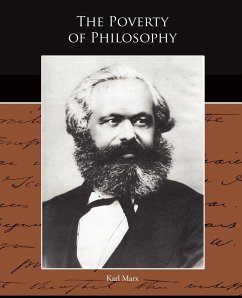The Skeptic's Oakeshott poses the thesis that Michael Oakeshott's political philosophy is best understood from the vantage point of his skepticism and his intellectual affinity to Hobbes, whose work he commented on extensively. Margaret Thatcher based much of her political philosophy on Oakeshott's theories, but Gerencser shows how she widely misinterpreted his work. He argues persuasively against those who understand Oakeshott in terms of the influence of British idealism. Instead, Gerencser argues that Oakeshott adopts and softens Hobbes' idea of consent as the basis of political authority. By insisting that political authority has its source in acknowledgement and recognition, Oakeshott's philosophy opens the doors to democratic politics. The book ends with persuasive criticisms of Oakeshott, especially for thinking that politics offers only two alternatives, either the legitimacy of authority is universally recognized or civil war and secession are the result. Gerencser argues for the necessity of conflict and the contestation of the legitimacy of authority. He uses examples from Oakeshott's own work to show that civil disobedience is not only integral to democratic politics, but is required by Oakeshott's own understanding of the political.
Bitte wählen Sie Ihr Anliegen aus.
Rechnungen
Retourenschein anfordern
Bestellstatus
Storno








